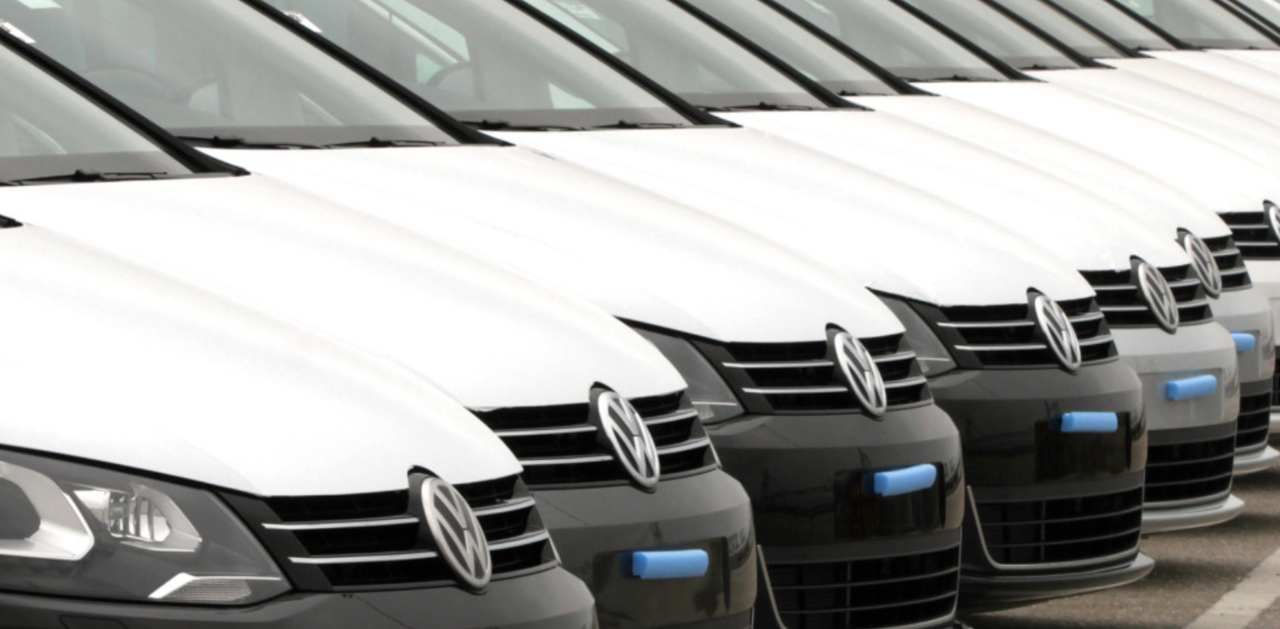Trump Expected To Delay Decision On EU Auto Tariffs
After months of threats, the deadline for the White House to impose new tariffs on cars and auto parts manufactured in the EU is fast approaching. And according to Bloomberg, the Trump Administration will – for now, at least – opt to maintain the status quo.
This isn’t a surprise: Commerce Secretary Wilbur Ross, in an interview with Bloomberg TV earlier this month, signaled that a postponement was likely.
“Our hope is that the negotiations we’ve been having with individual companies about their capital investment plans will bear enough fruit that it may not be necessary to put the 232 fully into effect, may not even be necessary to put it partly in effect,” Ross said, referencing the national-security investigation under Section 232 of a 1962 trade law.
“We’ve had very good conversations with our European friends, with our Japanese friends, with our Korean friends, and those are the major auto producing sectors,” Ross said in Bangkok, where he’s attending a regional summit. South Korea was earlier exempted from any future tariffs because it renegotiated the U.S.-Korea Free Trade Agreement, or KORUS, last year.
Ross isn’t the only one whose plugged into the negotiations: Former European Commission President Jean-Claude Juncker told German newspaper Suddeutsche Zeitung that he expected the White House to delay the tariffs. And before that, back in September, European Trade Commissioner Cecilia Malmstrom told BBG that she hoped Trump would extend the deadline.
Back in May, Trump gave his administration six months to decide whether it should impose new tariffs on EU auto imports for national security reasons. Fortunately, nothing is stopping him from punting, allowing the Trump Administration to use the tariffs as leverage against the EU, without the risk of doing any more harm to global trade. Trump is expected to extend the deadline once again, most likely by another six months.
The new tariffs would likely decimate US sales of cars and car parts made in the EU. Slapping a 25% levy on foreign cars would add 10,000 euros ($11,000) to the sticker price of EU vehicles imported into the US, according to the European Commission.
Last year, Trump infuriated European leaders by declaring American imports of steel and aluminum a security threat and imposing levies of 25% and 10%, respectively, on shipments from around the world, including the EU. That prompted the bloc to retaliate with tariffs on American goods such as Harley-Davidson Inc. motorcycles, Levi Strauss & Co. jeans and bourbon whiskey.
And next time, the bloc has threatened tariffs on a much wider array of US imports to the EU. The 28-country bloc has argued that it doesn’t pose a threat to US national security and shouldn’t be targets of American tariffs.
Washington has already hit the EU with duties on its steel and aluminum exports using the same national-security justification (the administration staunchly refused to exempt the EU from the steel and aluminum tariffs, though imports from the bloc are relatively insignificant. Every year, car imports from the EU are worth roughly 10x the steel and aluminum trade.
Imposing new tariffs on cars wouldn’t juts be a nuisance – it would be a declaration of war, seriously impacting the American relationship with the EU.
Tyler Durden
Tue, 11/12/2019 – 06:00![]()
Zero Hedge’s mission is to widen the scope of financial, economic and political information available to the professional investing public, to skeptically examine and, where necessary, attack the flaccid institution that financial journalism has become, to liberate oppressed knowledge, to provide analysis uninhibited by political constraint and to facilitate information’s unending quest for freedom. Visit https://www.zerohedge.com
